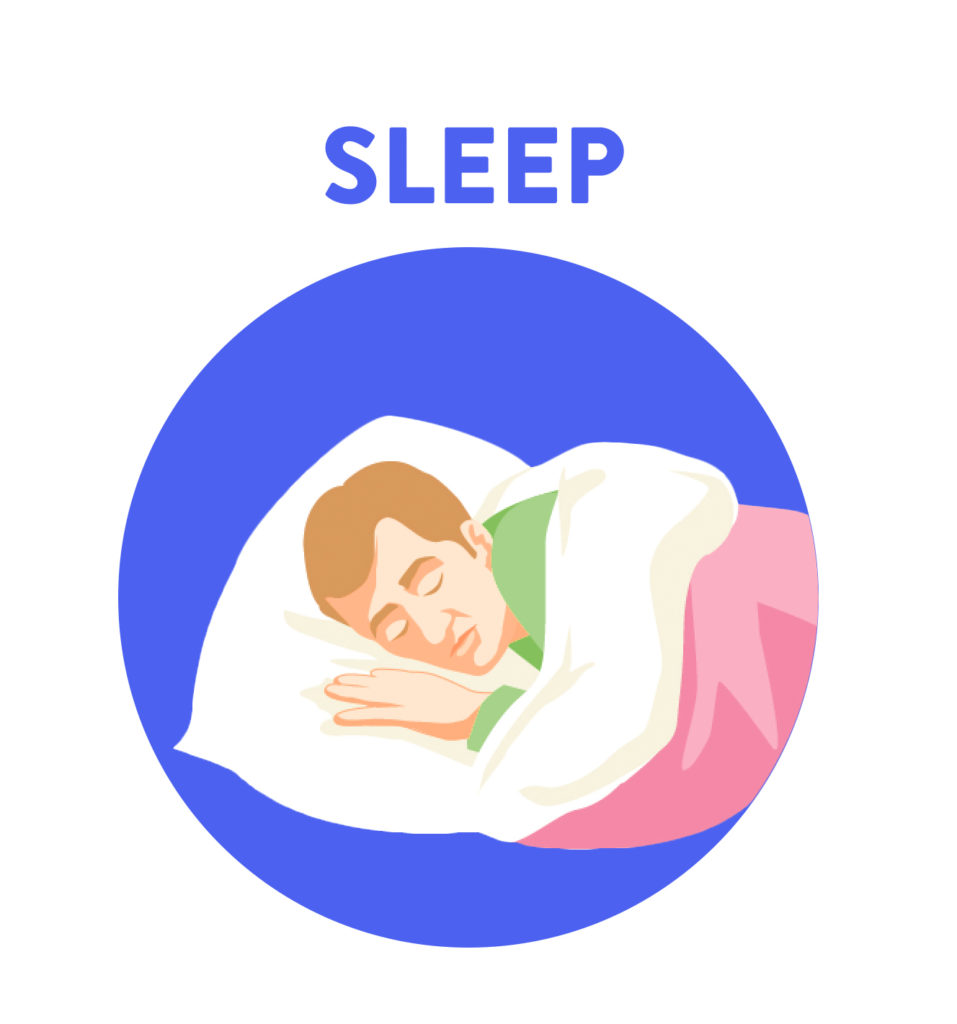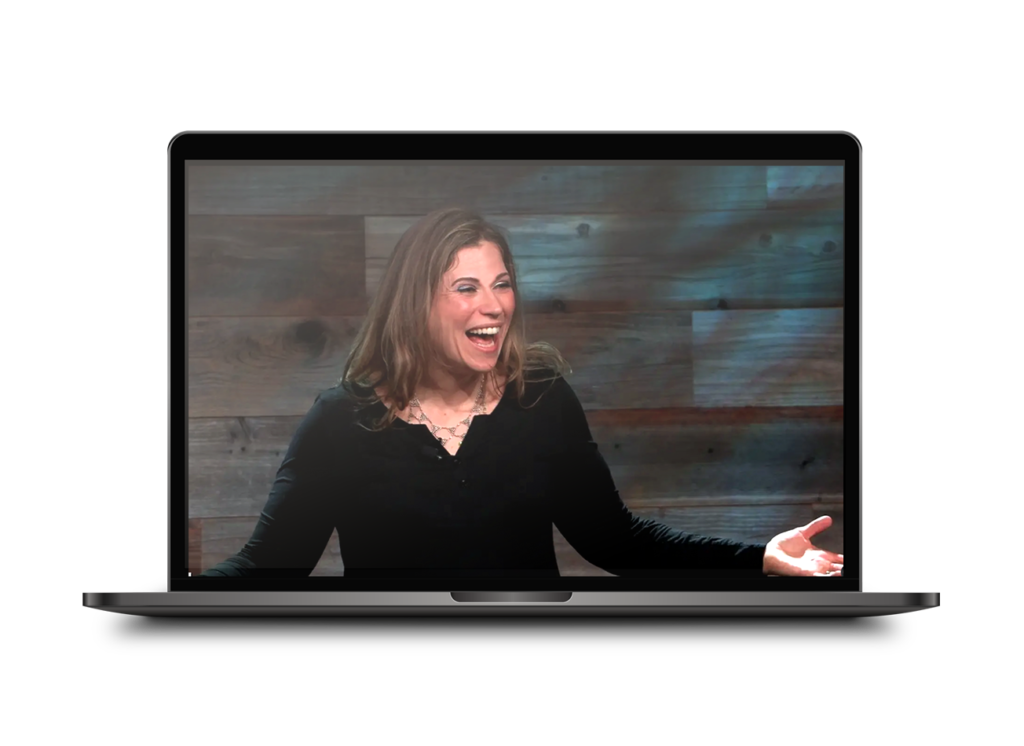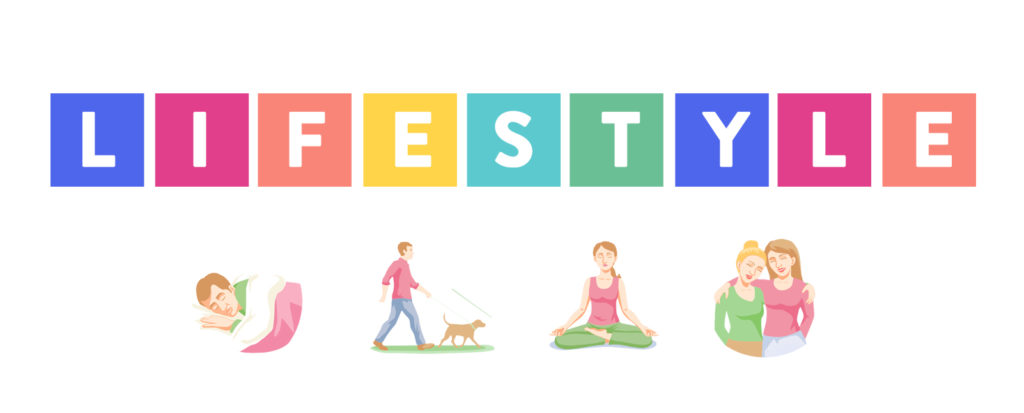The food you eat isn’t the only important thing to address in order to get healthy, which is why the Paleo template includes equal focus on lifestyle choices.
Of course, food plays a huge role in our health. The healthy cancer and helping to reduce symptoms of Paleo Diet Clinical Trials and Studies). You can read more about the here, find lists of here, check out my awesome Paleo recipes here, and access meal plans here.
Although making the Paleo diet, chances are one of these areas needs some work.
 Sleep.
Sleep.
Studies show that adults need seven to nine hours of sleep every single night (See Sleep Requirements and Debt: How do you know how much sleep you need? and How Much Sleep Do We Need? Understanding the Hunter-Gatherer Evidence). Getting enough sleep reduces the effects of stress on our bodies and has a tremendous positive impact on our hormones, metabolisms, and insulin sensitivity (see 3 Ways to Regulate Insulin that Have Nothing to Do With Food). On the other hand, shortchanging your sleep by even a small amount, even a few times a week, can have terrible consequences for your health.
Not getting enough sleep increases the risk of all-cause mortality (your risk of dying, which is a pretty robust measure of overall health and longevity) comparably to being obese, living a sedentary lifestyle, and not eating many vegetables. There are strong causal links between inadequate sleep and cardiovascular disease, diabetes, obesity, autoimmune disease, cancer, inflammation, and susceptibility to infection. (See Sleep and Disease Risk: Scarier than Zombies! and The Link Between Sleep and Your Weight) These links are due to the relationship between sleep (or lack thereof) and immune function as well as the effect that sleep has on many key hormones (such as immune modulators and hunger hormones) and neurotransmitter regulation (including our reward circuitry). In fact, getting sufficient quality sleep may be the single best thing you can do to improve your health.
The importance of adequate and consistent sleep cannot be underestimated. And while seven hours may seem like a doable minimum, if you’re battling a chronic illness, chances are your body needs more than that.
The single best thing that you can do to prioritize sleep is to have a regular bedtime—and make sure that bedtime is early enough that you can get at least eight hours of sleep (or more, if eight hours isn’t enough for you to wake up feeling refreshed and energetic). Having a bedtime is such a simple thing, but it’s one of the hardest things for adults to implement. Everything seems to be more important than sleep: going out with coworkers after work, watching that amazing new television show, checking Facebook, doing the laundry . . . . But sleep needs to come first, and not just in the initial healing phase of our health journeys but for the rest of our lives.
What else can you do to make sure you get good sleep? Spend some time outside during the day and keep your indoor lighting dim in the evenings—this helps maximize production of melatonin, the hormone that regulates sleep, in the evenings. Sleep in a cool, dark, quiet room. And avoiding anything stimulating (work, exhaustive exercise, arguments, and emotionally intense, scary, or suspenseful television shows and movies) in the last two hours before bed. (See 10 Tips to Improve Sleep Quality, 4 Biohacks for Better Sleep and 5 Ways to Improve Your Bedroom Environment for Sleep.) It can also be helpful to avoid evening snacking, eat a high-fiber and moderate-fat diet and enjoy some starchy carbs with dinner (see Because Fiber Wasn’t Awesome Enough: New Science Suggests Fiber Improves Sleep Quality!).
NEW! Therapeutic Paleo Approach Online Course!
- Learn the latest science-grounded information on therapeutic diet and lifestyle!
- 5 hours of video lecture + downloadable slide PDFs
- A modern scientific approach to the Paleo template
- Optimize diet and lifestyle to treat chronic illness
- An introduction to the Autoimmune Protocol

Learn More or Get Instant Access
Stress Management.
Chronic stress increases the risk of depression and anxiety, cardiovascular disease, obesity, diabetes, autoimmune diseases, chronic headaches, memory problems, digestive problems, and infections and is linked with poor wound healing. These effects are believed to be mediated by the activation of the hypothalamic-pituitary-adrenal axis (HPA axis) and the impact that cortisol and other adrenal hormones have on immune function. Plus, chronic stress influences other behaviors, influencing our food choices (due to cravings for energy-dense foods and increased appetite) and making us more vulnerable to addiction. (See How Stress Undermines Health and How Chronic Stress Leads to Hormone Imbalance).
Stress has a direct impact on immune system function. Being under chronic stress (the kind that most of us struggle with) both increases inflammation and undermines the regulatory arm of the immune system. Stress is a major contributor to chronic illness, and when stress is out of control, it worsens your prognosis. See also Demystifying Adrenal Fatigue, Pt. 1: What Is Adrenal Fatigue?, Demystifying Adrenal Fatigue, Pt. 2: Testing Adrenal Glandular Function and Demystifying Adrenal Fatigue, Pt. 3: Nutrition & Lifestyle Support for the Adrenal Glands.
When it comes to stress management, there are two factors: stress reduction and resilience.
Reducing stress simply means removing things from your life that are causing stress. Even if individual responsibilities aren’t causing undue stress on their own, the sheer number of them on your plate may be creating stress. Whenever you can, say no, or ask for help to help reduce stress. And there are as many ways to reduce stress as there are stressed people—it’s up to you to figure out what works for you. Have a critical look at everything you do and how it impacts your stress level, and determine where you can small changes (or big ones!) to reduce stress.
Resilience refers to how your body responds to stressors in your life. This is different from reducing stress—instead, it’s about implementing strategies so that the stressful aspects of your life just don’t get to you as much. Activities that improve resilience include getting enough sleep, being active, meditating, social bonding, connecting with nature, laughing, and playing. Making time for these things can have a direct impact on both your health and your sense of well-being. (See Managing Stress and The Health Benefits of Nature.) Interestingly, boosting omega-3s and reducing caffeine can also make a big difference in terms of our resilience to stress.
Activity.
Exercise isn’t just about burning calories for weight loss and looking toned in a bikini. Regular physical activity minimizes the risk of cardiovascular disease, obesity, diabetes, osteoporosis, and some cancers. These benefits are mediated by exercise’s benefits to blood lipids, blood pressure, inflammation, insulin sensitivity, coronary blood flow, endothelial function, and oxidative stress. In fact, a sedentary lifestyle is one of the leading risk factors for chronic disease; for every hour of daily activity (even light) that replaces sedentary time, risk of all-cause mortality drops by an impressive 16%! Simply walking briskly for 30 minutes five times per week can reduce the incidence of coronary artery disease by 30% to 40% in women and about 25% in men.
We all know that we’re supposed to exercise, but what is much less well-known is that gentle movement throughout the day and daily weight-bearing exercise (like walking!) has a bigger impact on your overall health than a sweaty session at the gym five times per week. Yes, building muscle has all kinds of health benefits, and including some exercise sessions in your week definitely has benefits, but when it comes to the immune system, it’s most important to simply avoid being sedentary. That means not sitting all day! See The Benefits of Gentle Movement.
There are lots of ways to add movement to your day, but the simplest strategy is to set a timer to go off every twenty minutes during the part of your day where you typically sit (at work and in front of the television, for most of us) and then, whenever the timer goes off, get up and move around for two minutes. You can jump rope, do some push-ups, stand and stretch, or do some yoga poses—whatever works for you! Yes, studies show that just two minutes of movement for of every twenty that you’re sitting is all it takes. Of course, you can ramp this up with treadmill desks and bicycle desks if you have access to those sorts of things.
There are also tremendous health advantages to one of the simplest and most accessible activities out there: walking. Walking helps build muscle, improves cardiovascular health, strengthens bones, helps improve resilience to stress, improves brain health (everything from mood to memory to cognition) and reduces risk of problems like dementia, improves hormone health, and can even help you sleep better! If all you do is make time for a thirty-minute walk every day (in addition to moving every twenty minutes throughout the day), you are doing great!See Why is Exercise so Important?
More intense activity is awesome, too. If you love to lift weights, participate in a sport, or get your groove on at the gym, those activities are all worthwhile. It’s important to emphasize, though, that even the hardest workout can’t make up for damage sitting all day does to your health. Even if you sweat up a storm for a couple of hours each day, moving around every twenty minutes is still essential for health. And another word of caution: exhaustive, strenuous, and overly intense exercise can actually undermine your health by harming your immune system, gut health, and hormone health (see Why Exercising Too Much Hurts Your Gut).
Connection.
An often-underrated lifestyle factor that directly impacts our health is community. Connecting with others, whether a spouse, child, friend, family member, or pet, helps regulate hormones and neurotransmitters that directly impact inflammation. Plus, this social bonding improves resilience to stress and generally improves mood, which makes every other change you’re working on seem a bit easier. See The Health Benefits of Connection.
One meta-analysis of 148 different studies found that people with stronger social relationships had a 50% higher chance of survival than people with weaker social bonds, regardless of age, gender, cause of eventual death, length of follow-up period, or how healthy each person was at the beginning of the study. Another meta-analysis found that social isolation, loneliness, and solitary living raised the risk of death by 29%, 26%, and 32%, respectively. Additional research has shown that social isolation raises mortality risk independent of loneliness (and vice versa), meaning that even if we don’t feel lonely, a lack of social support might still be harming our health. Conversely, if we feel lonely despite having plenty of social connections, we’re still at risk of earlier death.
Humans are hardwired to be social creatures. In fact, our tight social bonds, cooperation and division of labor were key for our success as a species; paleolithic man and hunter-gatherers live(d) in close-knit family groups. Positive social interactions stimulate changes in hormones that affect nearly every system in the body. People who feel more connected to others have lower levels of anxiety and depression. Connection also improves self-esteem and causes greater empathy for others. Those who feel connected to others are more trusting and cooperative, and therefore others are more open to trusting and cooperating with them. Social connectedness creates a positive feedback loop of social, emotional, and physical well-being.
There’s a practical aspect to connection as well. When we have people in our lives whom we can depend on and ask for help, we have resources to help us reduce stress and put other priorities, like getting enough physical activity and sleep, at the top of our to-do lists. And having a companion for your health journey, whether it’s a walking buddy, a friend to meet up with at the farmers market, someone to watch your kids while you do whatever it is you need to do, or a family member to batch cook with on weekends, having support while you tackle the job of healing is better than Mary Poppins’s spoonful of sugar.
For some people, making community a priority requires effort and dedication. It can be easy to let social media sites provide us with the illusion of connection without having actual meaningful interactions with our friends and family. It also can be easy to let every other item on our to-do lists supplant quality time with the people we care about. If you’re struggling to find time for connection, see where you can combine social interaction with other activities, like exercise, play, shopping, and even cooking!
The Link Between Lifestyle and Diet
One could argue that lifestyle is an even more important contributor to long-term health than diet. For example, a recent study in dogs showed that a single night of sleep deprivation caused a greater increase in insulin resistance than 6 months of a high-fat Western-style diet. Insulin sensitivity declined by 33% after sleep deprivation but only 21% after 6 months of a poor diet. See 3 Ways to Regulate Insulin that Have Nothing to Do With Food. However, it’s important to understand that our efforts with regards to lifestyle and diet are inextricably linked.
Focusing on lifestyle can make a huge difference in terms of the ease of transition to a Paleo diet because lifestyle factors affect our food choices and behaviors. For example, when we get adequate sleep and manage stress, we’re less likely to crave sugar and overeat. Getting enough sleep not only makes us more likely to choose vegetables and fruit (and less likely to choose fast food and junk food), but it also regulates hunger so we snack less and consume fewer overall calories (without trying!). Getting enough sleep even helps us make better choices in the grocery store. Stress tends to make us crave energy-dense (high-sugar and/or high-fat foods) while depleting our bodies of important nutrients like vitamin C and magnesium. When we engage in gentle movement throughout the day, our insulin sensitivity improves and we can better handle Paleo-friendly carbohydrates. When we focus on lifestyle, it’s much easier to make major or difficult changes to our diet.
The converse is also true: focusing on diet can help us dial in lifestyle factors. For example, habitually drinking too much coffee can magnify cortisol release in response to psychological stressors. Likewise, studies have shown that a deficiency in omega-3 fats exaggerates stress responses and that supplementing with fish oil reduces cortisol secretion in response to stress. Studies also show that consuming a serving of slow-burning carbohydrates with dinner can improve sleep quality, as can eating a high-fiber diet in general and moderating saturated fat intake. Consuming adequate amounts of quality protein aids in muscle recovery after workouts and helps preserve muscle mass while losing weight. Dietary polyphenols can also improve muscle recovery post-exercise and help return cortisol levels to normal more quickly after physical activity (see Polyphenols: Magic Bullet or Health Hype? and Olive Oil Redemption: Yes, It’s a Great Cooking Oil!).
All this is to say that if you’re struggling to implement some facet of the Paleo template, be it sticking with the dietary guidelines, getting enough sleep, managing stress, or getting enough activity, think about the challenge in a holistic way. You may find that improving another aspect of the Paleo template is the key to overcoming your challenge.
NEW! Therapeutic Paleo Approach Online Course!
- Learn the latest science-grounded information on therapeutic diet and lifestyle!
- 5 hours of video lecture + downloadable slide PDFs
- A modern scientific approach to the Paleo template
- Optimize diet and lifestyle to treat chronic illness
- An introduction to the Autoimmune Protocol

Learn More or Get Instant Access




